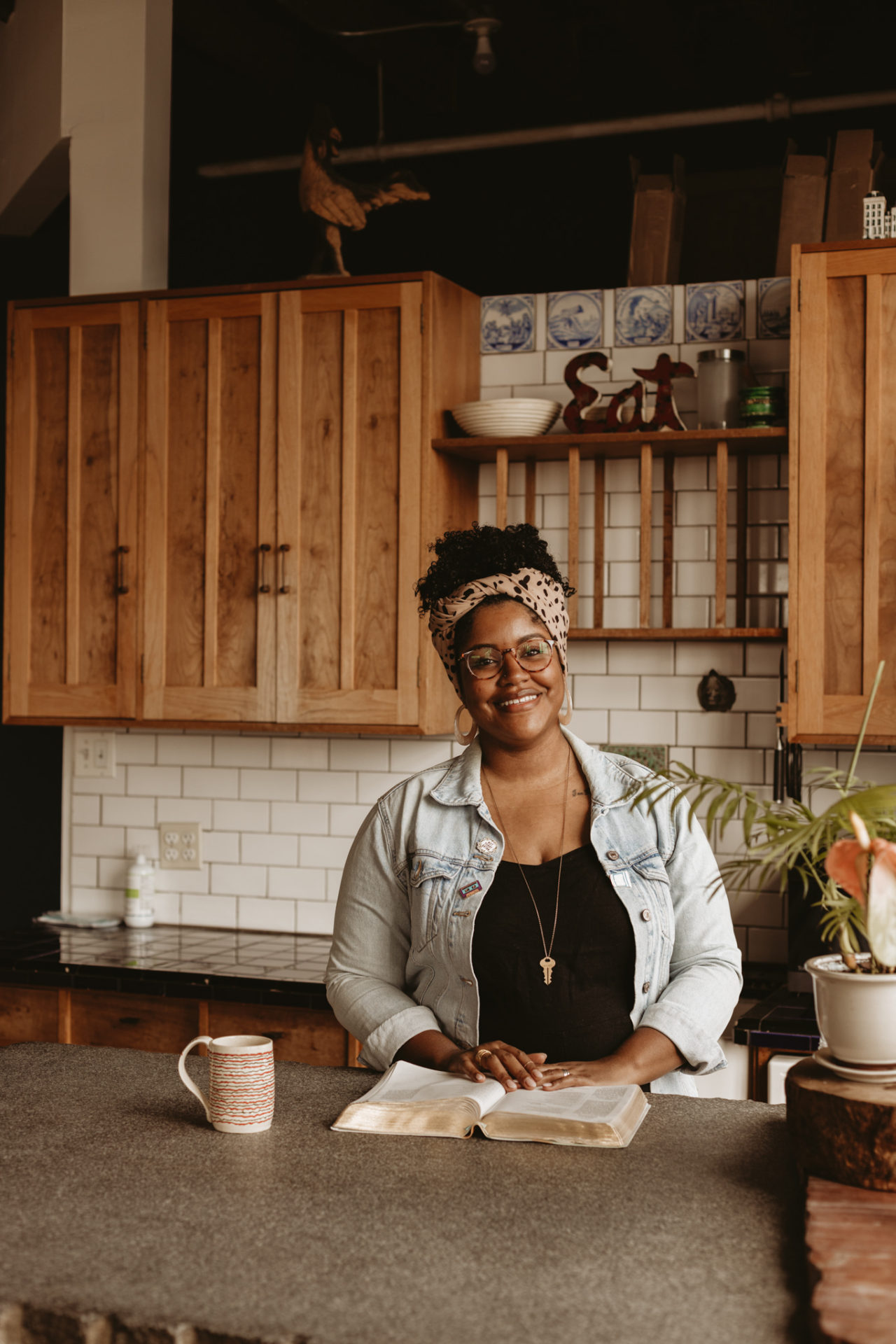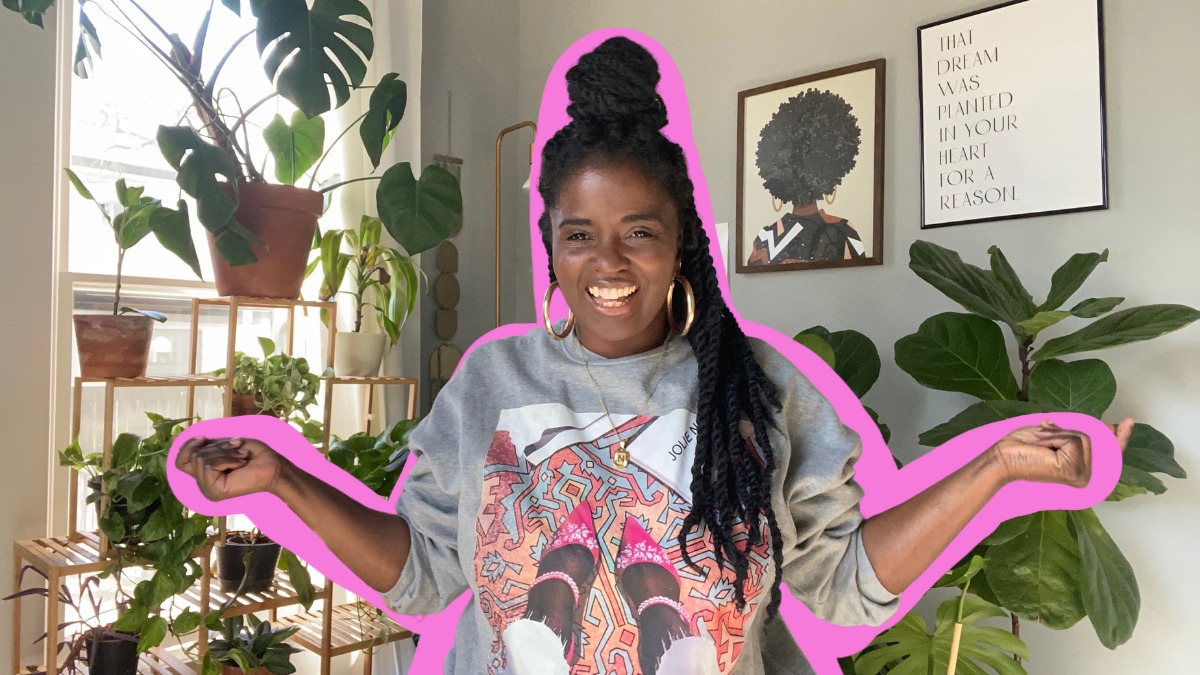Creating Healthy Family Dynamics

Written by Rachel Shin
“Family” can be a loaded word. For some, thinking about family brings joy, for others, disappointment or pain. Navigating family dynamics can be tricky, especially as we mature into independent adults. Loving ourselves and others well may take practice, but trust me, it’s worth the effort. Here are four ways to create healthy family dynamics without losing yourself in the process.
Take a Pause
One of the most effective tools I’ve learned when I get triggered by family (or anyone) is to take a pause. When our buttons get pushed, we can go into fight or flight mode and end up saying or doing things we regret later on. Taking a pause isn’t brushing something under the rug, it’s allowing ourselves a chance to return with a clear mind and a pure heart.
This looks different in every situation, but for me, it starts with awareness. Maintaining integrity in my relationships is a high priority, and taking a pause helps me stay grounded. For example, saying “let’s come back to this later” in a heated conversation allows both parties a chance to cool off. Or taking a walk to pray and check in with my heart when I’m stewing about a situation gives me perspective. Again, the intention is not to abandon the issue, but to return with clarity so that a solution can be found.


Have Brave Conversations
One of the best ways we can invest in family is by being honest, and sometimes honesty requires brave conversations. These are not to be confused with “off-loading” on a family member to shame, blame, or accuse them. Brave conversations start with us letting go of our own assumptions of others in exchange for understanding. Compromise is not always guaranteed, but when we hold space for honesty, we build trust and lead by example.
These conversations can be ongoing, or they can be as simple as saying a loving yet strong “No.” Whatever shape they take, the ability to engage in brave conversations is a great indicator that we’re walking in integrity.
Stop Blaming Family
If I could tell my eighteen-year-old self one thing, it would be this: “Stop blaming family.” For the vast majority of us, the truth is we’re all doing the best we can with what we’ve got – and that applies to our family, too. By the time we’re adults, although we’ve been shaped by our family, we’re now free to become whoever we choose. Yet, somehow, I continually find myself surrounded by adults who blame their parents for their own failures and struggles. Letting go of blame doesn’t discount trauma and pain caused by family; it sets us free from the shackles of living under that weight. If you’re curious as to whether you’re blaming family, ask yourself:
“Is there any area of my life where I feel powerless as a direct result of my family?”
It’s a hard question, but it points us directly to any unhealed pain, giving us a chance to create a healthy family. One of my favorite mottos is “Free and Responsible.” As adults, we are free and responsible to set loving boundaries and wise habits. For me, walking this out looks like staying accountable to others, seeing a counselor, utilizing self-control, letting go of resentment, and extending forgiveness. It’s not a perfect process, but it’s mine and if I can do it, you can, too.
Reconcile When Possible
Sometimes, family is a blessing and sometimes, it feels like life would be easier if we just didn’t have to deal with that one family member. You know the one. Maybe you kind of ignore them at get-togethers, or maybe you haven’t spoken in years. But I want to challenge you to ask yourself:
“Is reconciliation possible? And if so, am I willing to pursue it?”
Life is short. The last two years have made us all aware just how much time with our loved ones really matters. Sometimes, reconciliation needs a simple text or a call to get understanding and more forward. But if it requires more than a brave conversation, consider what love looks like in this situation and how you would want to be treated. In most cases, even if it takes time, reconciliation is possible and healing can take place.
In closing, I want to take a moment and acknowledge anyone who feels stuck in their family or is without family. I recently wrote an article about reflecting on 2021, and I encourage you to take stock of those loved ones around you, whether they’re the family you were given or the family you choose. Take some time to write out those feelings and ask yourself if there’s space to forgive and let go this year. Then, write about who you’re grateful for and the impact they’ve made in your life.
Family may not be perfect, and we may wish at times that our family experience was different. But the legacy we leave behind is our own, and that begins with you.
Related Resources
Tips on How to Win Over Your Coworkers
It's your first day at your new job. Countless times, you've imagined what working for this organization would feel like, and here you are, living in the reality of those dreams. The feeling is surreal; you can't explain it. You have wondered what the people,...
I Did What I Needed to Heal
June 6, 2022 marked eight years since my husband-to-be passed away. I use the term husband-to-be instead of fiancé because he passed suddenly before he could propose. It was a difficult journey to healing. After all, we were planning our wedding, we were in business...
Tips for Navigating Dating Apps
Let me tell you about the worst date I’ve ever been on: I arrived at a hole-in-the-wall bar and pub where smoke was blowing in my face. Immediately, my date reached over and gave me a side hug. He promptly looked at me and commented on the fact that he thought I was...
